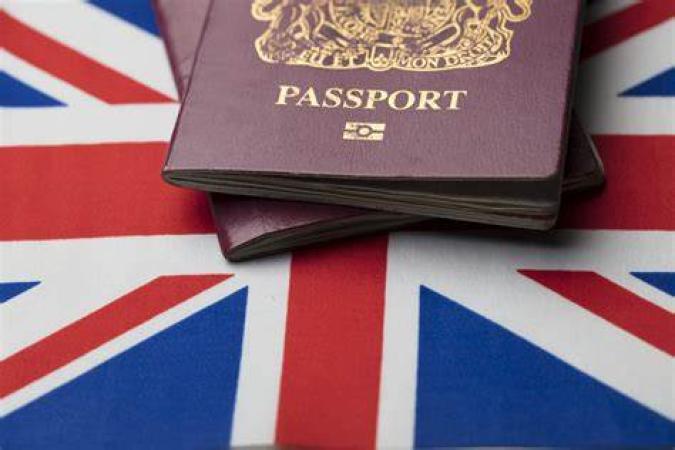May 2025 Immigration White Paper: Summary and Implications
On 12 May 2025, the UK Government released a white paper titled Restoring Control Over the Immigration System. The document outlines proposed changes aimed at tightening immigration policy, with the overarching goal of reducing net migration. While the white paper outlines future intentions, it does not itself constitute law and many details remain to be finalized.
Key Proposals
The white paper includes both strategic goals and specific policy measures. Eight of these proposals are quantifiable in terms of their estimated impact on migration:
Narrowing the Skilled Worker visa eligibility list, excluding medium-skilled roles (RQF level 3) unless exempted by the Migration Advisory Committee and accompanied by evidence of domestic recruitment efforts.
Ending the special provision for overseas recruitment of social care workers, thereby closing this immigration route.
Considering a financial levy on universities’ income from international student fees.
Tightening regulations for universities to maintain student visa sponsorship licenses, likely through enhanced compliance measures.
Reducing the Graduate visa duration from two years to 18 months for international students.
Raising English language standards, including minimum requirements for dependents of skilled workers.
Extending the qualifying period for permanent residence (Indefinite Leave to Remain) from five to ten years, with the possibility of earlier settlement for individuals demonstrating “points-based” contributions to the UK.
Easing access for high-skilled migrants, particularly through routes like Global Talent and High Potential, represents the only liberalizing measure among the proposals.
Most of these changes can be introduced via amendments to the Immigration Rules without needing new legislation. An exception is the proposed university fee levy, which requires parliamentary approval.
Broader Scope
Beyond visa categories, the white paper addresses reforms to family migration, deportation policy for foreign offenders, and human rights considerations under Article 8 of the ECHR. It also proposes the formation of a new Labour Market Evidence Group to guide decision-making.
Implementation Timeline
No definitive timeline has been provided. The accompanying press release indicates that changes will be phased in during the current parliamentary term (i.e., by 2029), with some reforms expected “in the coming weeks.”
The Ten-Year Settlement Proposal
A major proposal involves extending the standard period to qualify for Indefinite Leave to Remain from five to ten years. Some individuals could be eligible earlier under a new “earned settlement” scheme, linked to economic and societal contributions. However, specific details—such as how points would be earned—are not yet provided and will be subject to consultation later in 2025.
Impact on Existing Visa Holders
It remains unclear whether the extended settlement period would apply retroactively to those already in the UK or only to new arrivals. While the Home Secretary stated that further consultation is forthcoming, technical notes suggest that the government anticipates the reform affecting current residents, potentially prompting some to leave the UK earlier than intended.
Parliamentary Scrutiny
Most reforms do not require a parliamentary vote. Immigration Rules are typically amended via statements of changes, which come into force automatically unless actively overturned by Parliament within 40 days—something that rarely occurs. Only a few proposals, such as the student fee levy and citizenship reforms, necessitate an Act of Parliament.

